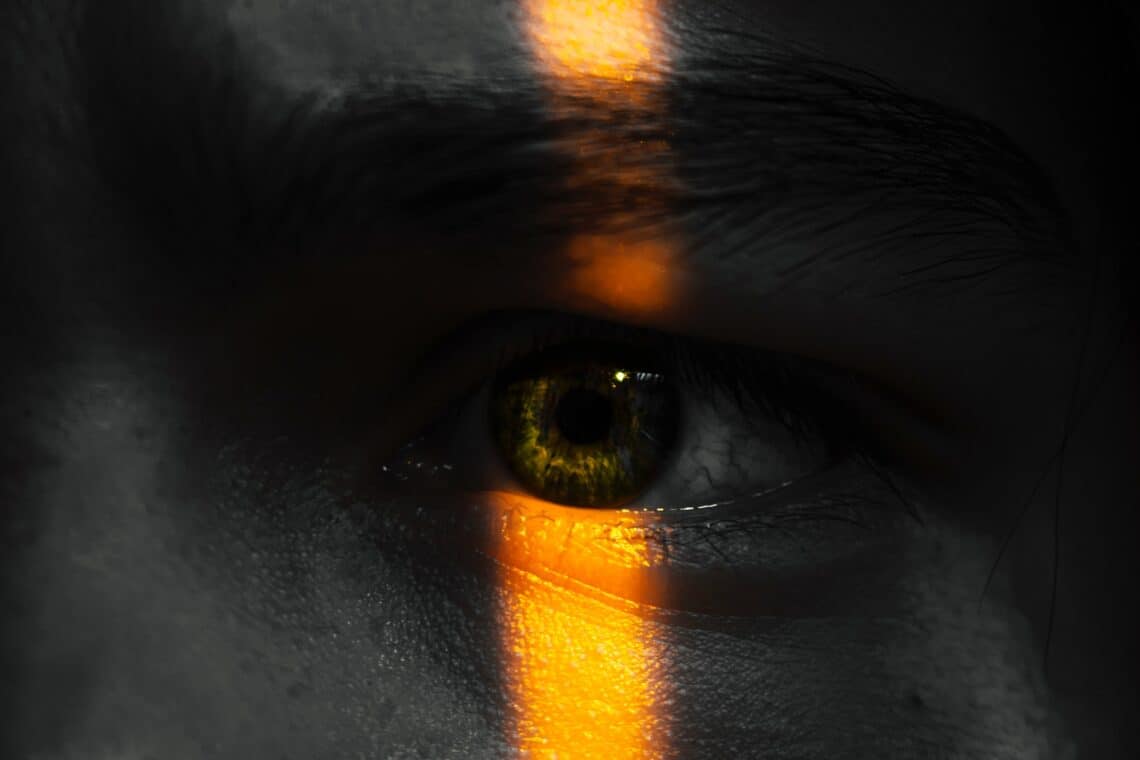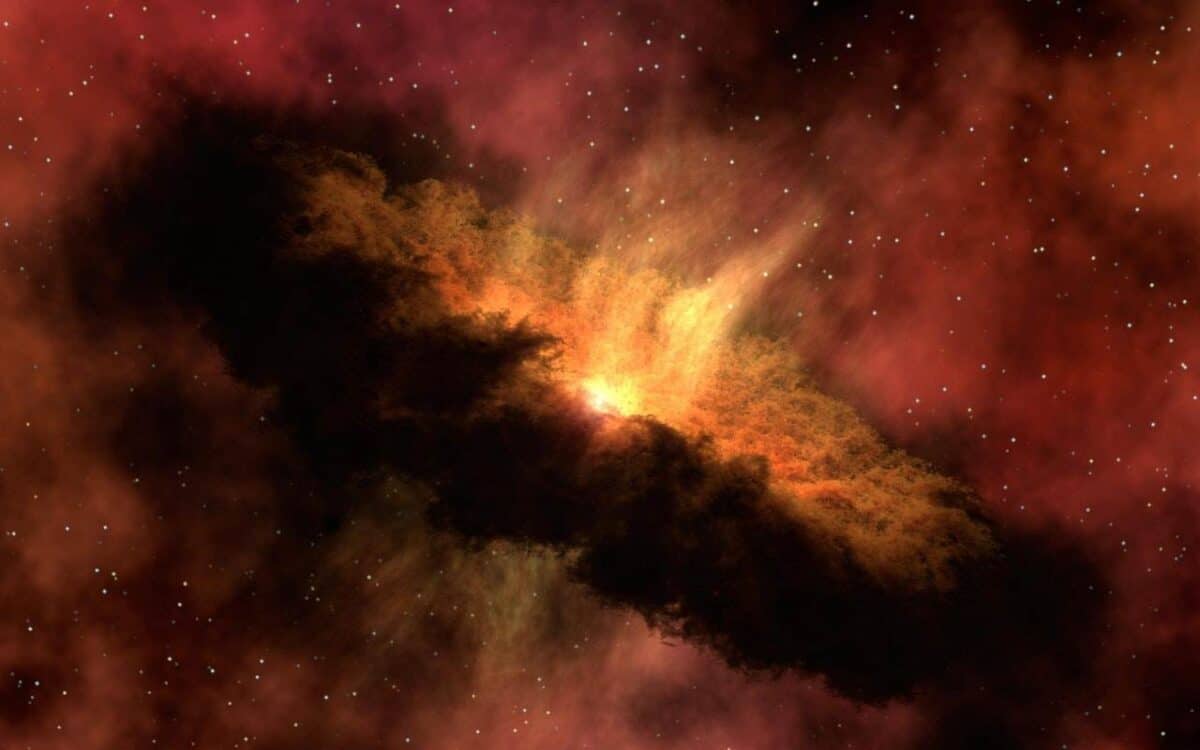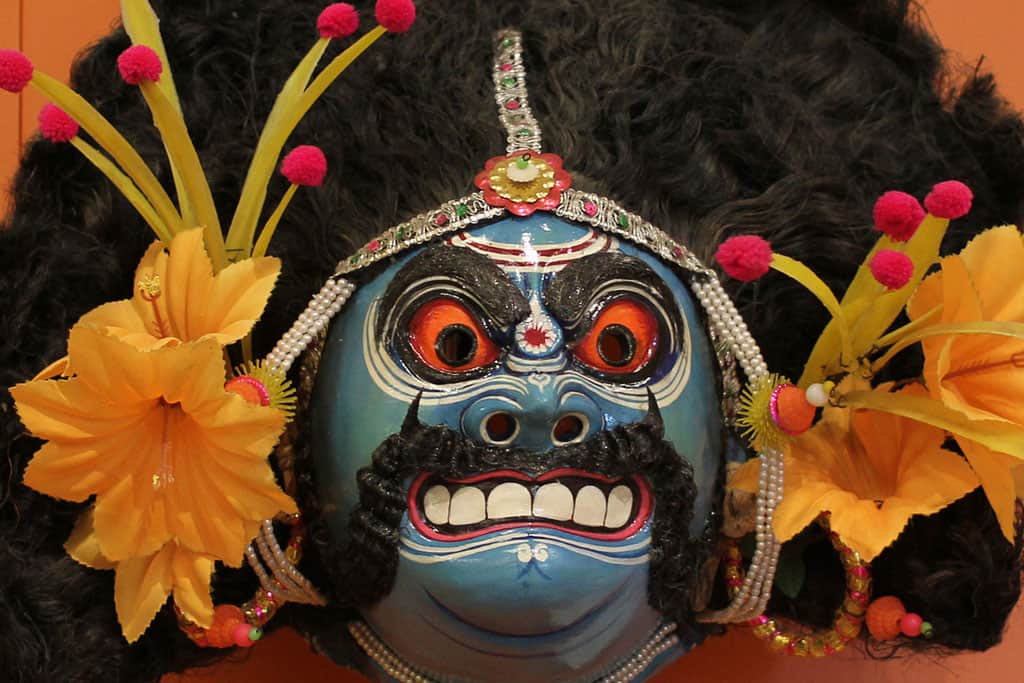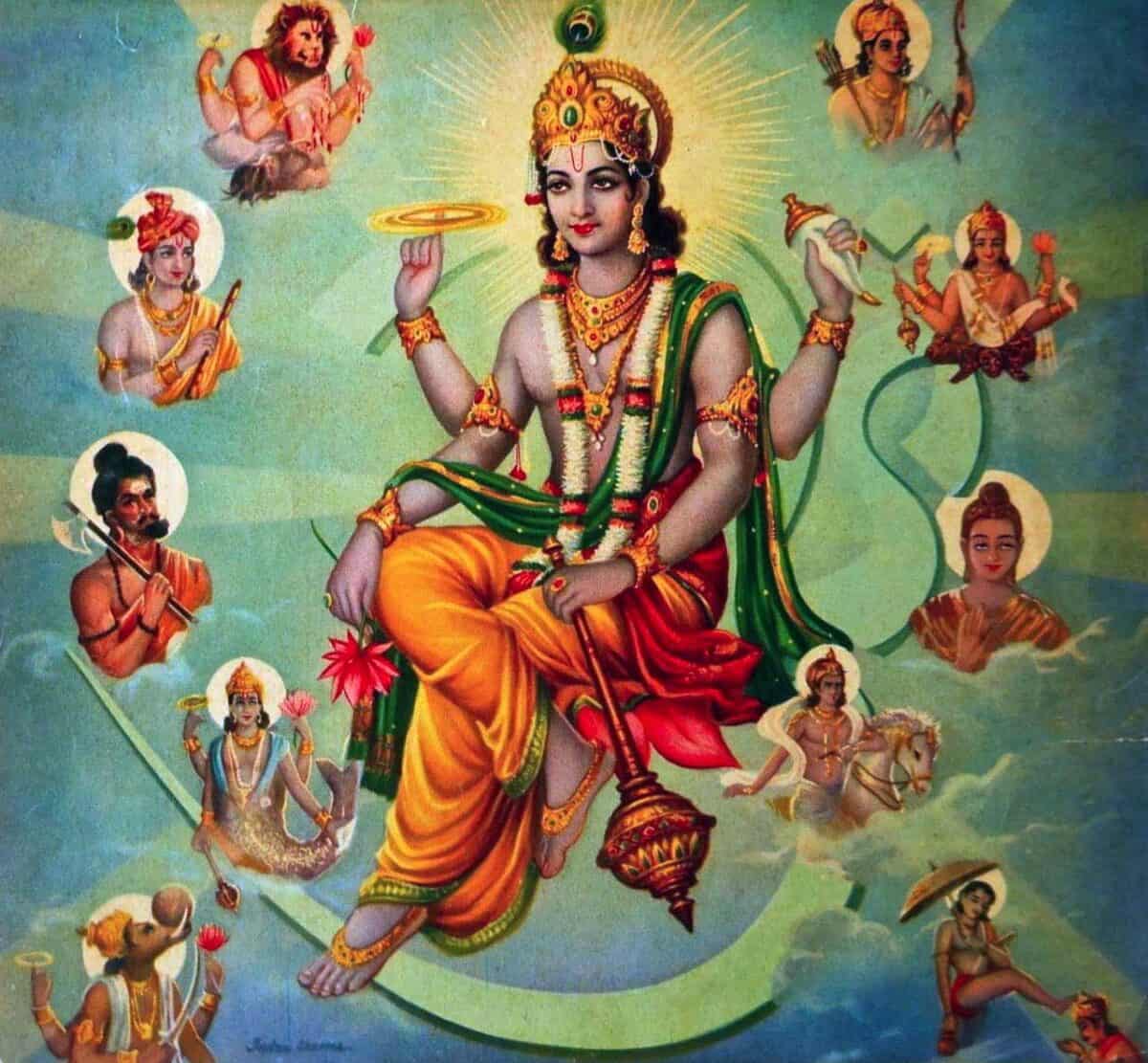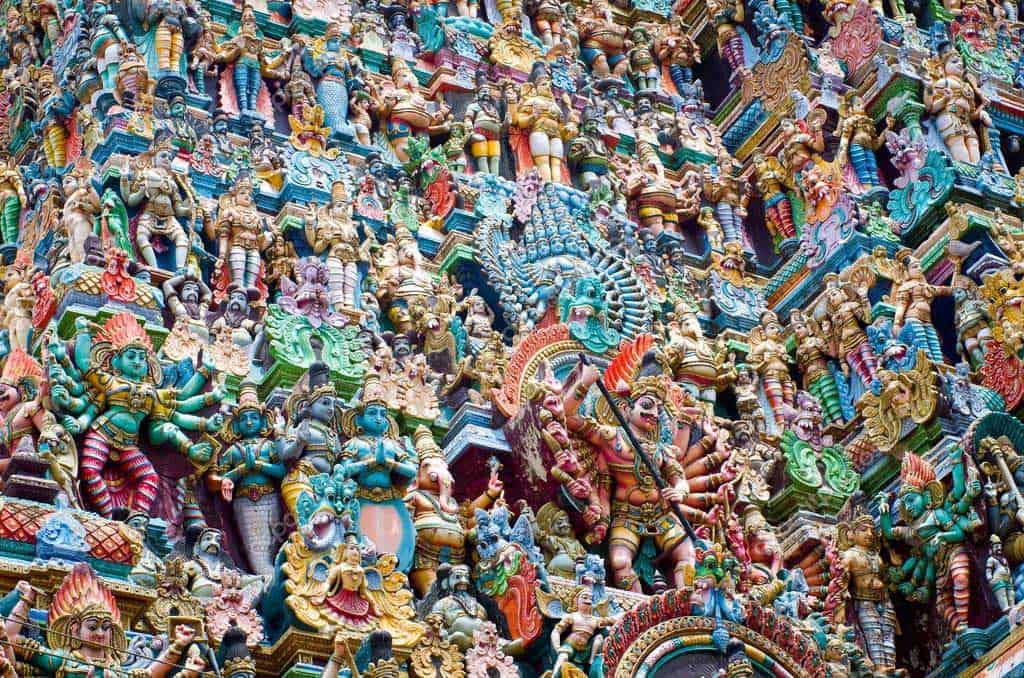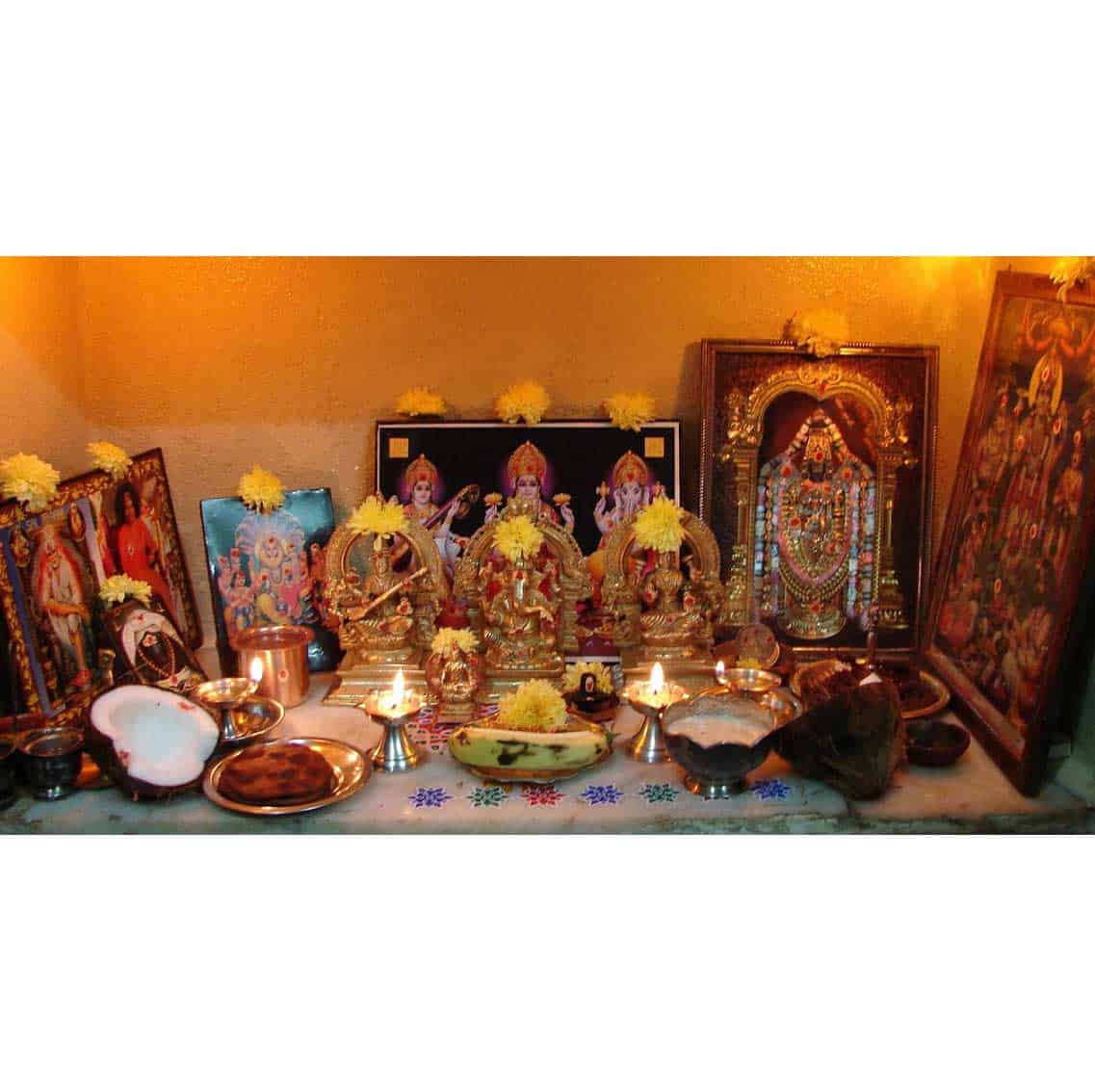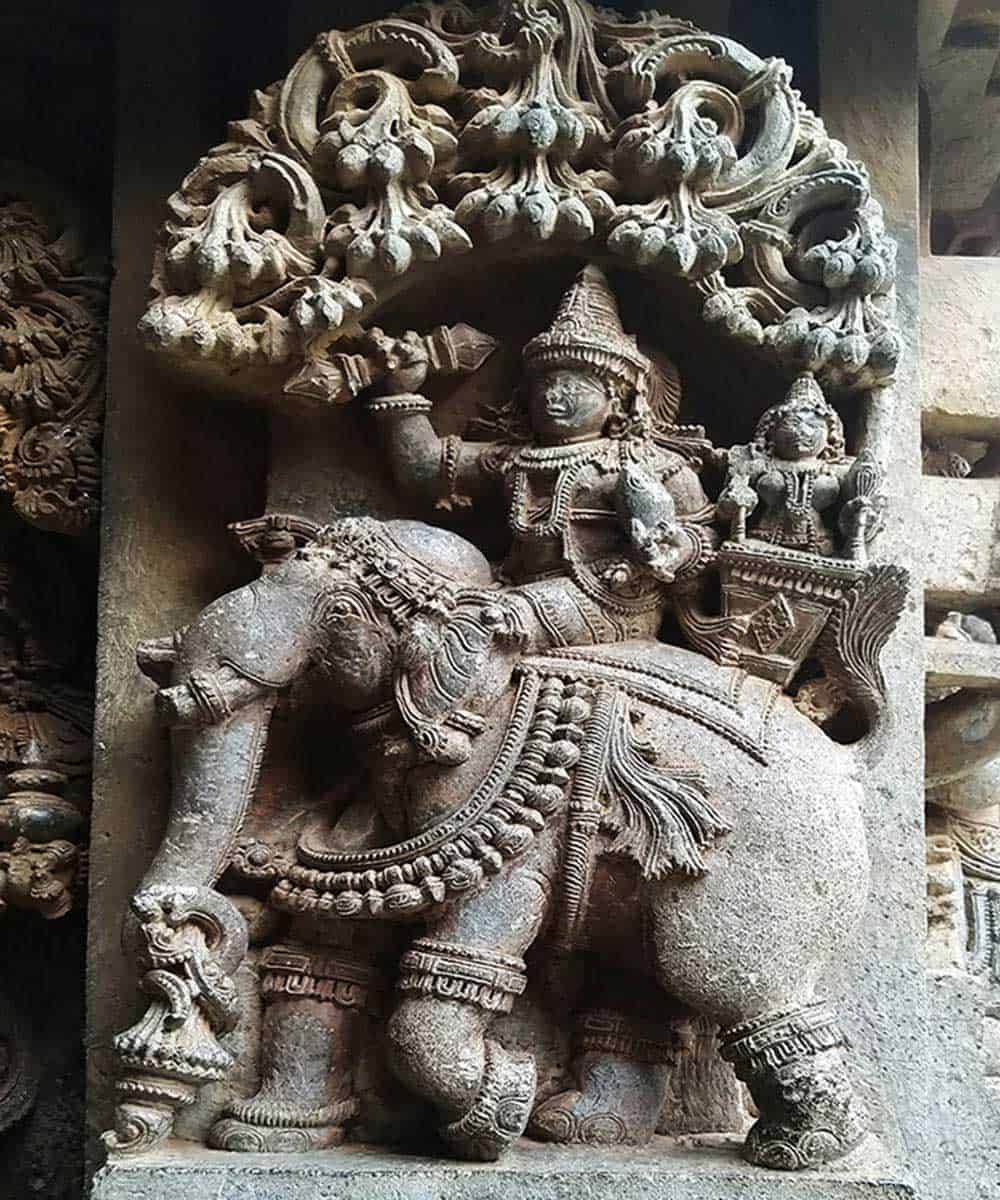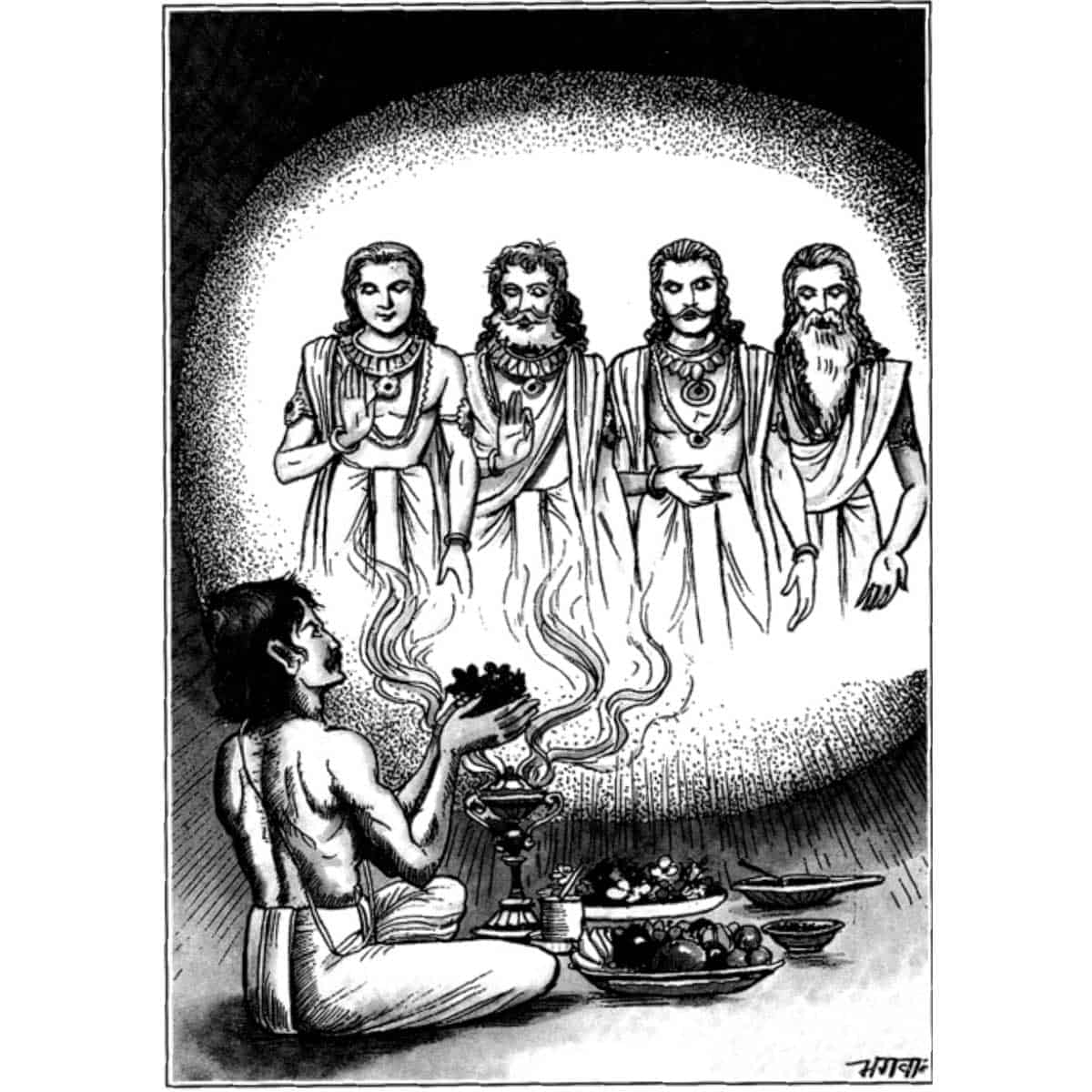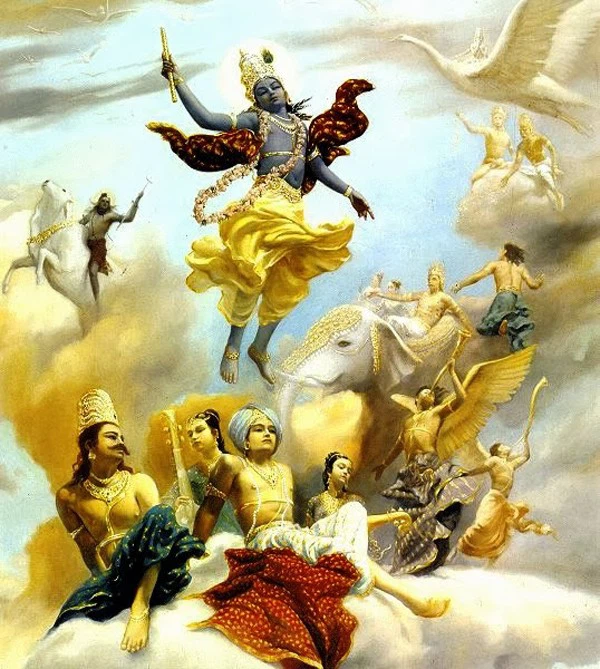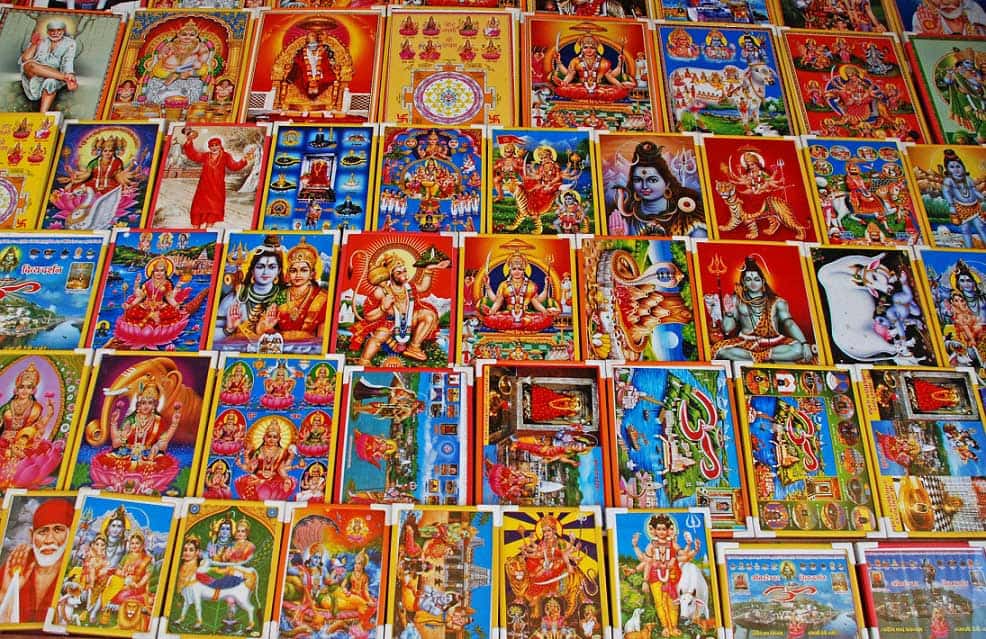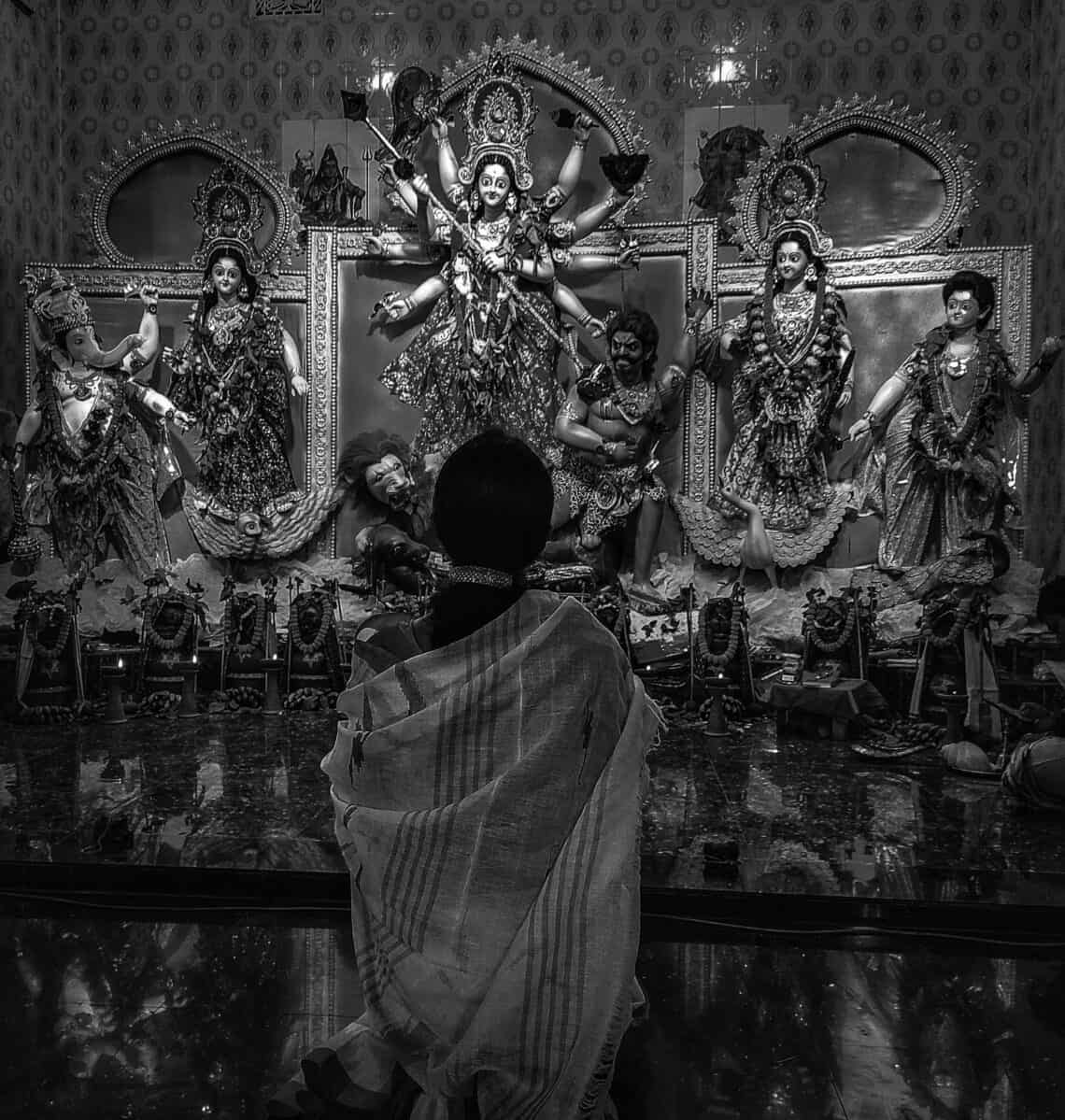
What is True Devotion?
As we find in the world and practised by most people, devotion essentially involves ritualistic practices for self-appeasement. Something like visiting temples, shrines or mosques, worshipping Gods and Goddesses, offering prayers/namaz, formal worship with lit wicks soaked in clarified butter, chanting hymns, donating money, and going on pilgrimage. The question is, why do we do these and what for? By and large, it is for gaining material benefits or getting good husbands or wives for our daughters or sons or health and wealth. We also do these acts with the aspiration to attain peace, health and wealth.
